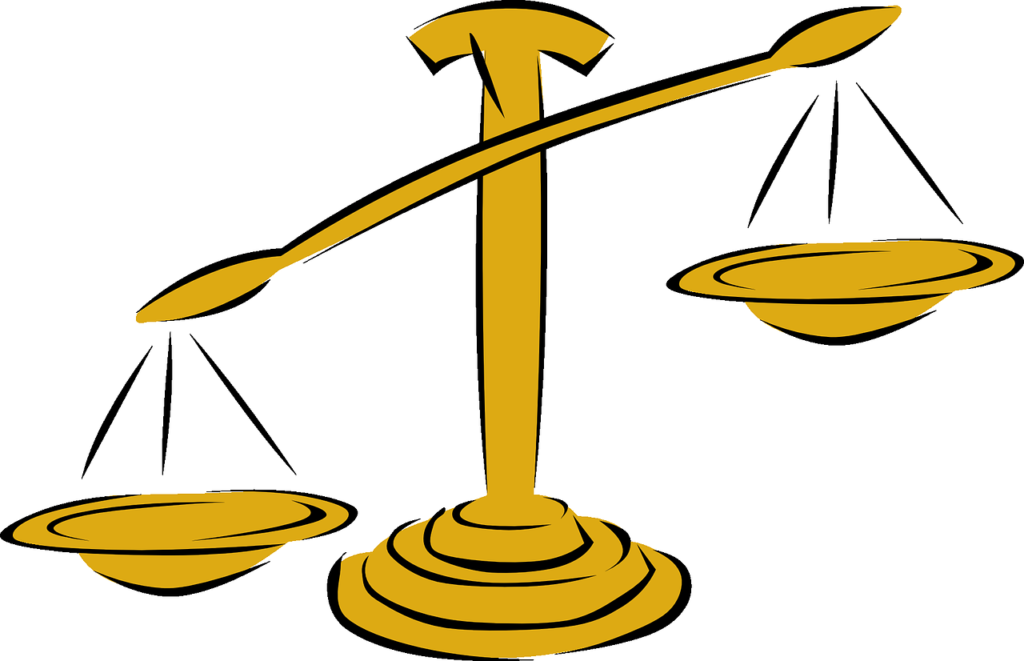Definition of the balance sheet: The balance sheet is a key report in the financial statements of a company. In a tabular format, the balance sheet sets out the assets and liabilities of a company, alongside claims on its net assets by shareholders and other interests, known as ‘equity‘.

What does balance sheet mean?
In plain english, the balance sheet is a snapshot of a company’s financial position at a point in time.
A balance sheet is presented to show the assets, liabilities and equity of a company ‘as at’ the financial reporting date. This may be the end of a quarter or the end of the financial year.
A balance sheet does not show the transactions entered into by the company in the year, this is instead shown on the income statement or statement of comprehensive income, or profit & loss account.
The balance sheet does not list out every individual asset and liability of the business, instead, it reports a total value under several category headings, which are prescribed by the accounting standards, such as GAAP or IFRS which you can read more about in the best financial accounting books.
Examples of balance sheet captions include:
- Non-current assets (assets which will be held for more than one year)
- Trade receivables (the balances of customers who owe amounts for past sales made)
- Cash (the total value of cash on hand and across all bank accounts)
- Provisions (an estimate of amounts that may need to be paid to settle obligations of uncertain value, such as a court case).
Users of the financial statements will be interested in how the value of different categories of assets and liabilities have moved in comparison to the prior period. A balance sheet will always show a comparative period, such as the balances at the same time last year, to provide this context.
Using the phrase ‘balance sheet’ in a sentence
Here are some examples of the word ‘balance sheet’ being used in a sentence:
“We reviewed the balance sheets of five companies, and have prepared a summary showing which company is the most indebted.”
“As we have yet to pay our supplier for that order, an amount will sit on the balance sheet within the trade creditor caption in respect of our liability.“
About this definition of balance sheet
Balance sheet is an old term which is generally used by non-accountants or older professionals.
Why? Well because changes in accounting requirements over the last decade have led to a change in the official title of the balance sheet report.
In many UK company accounts, you may now see the balance sheet report entitled as ‘The statement of financial position’ instead.
Despite the change in title, the report is still prepared in the same spirit and is used by analysts to collect the same information.
How does the definition of balance sheet relate to investing?
If you take an investing course, you will find that experienced investors generally have a sound understanding of accounting and finance.
This is because accounting terminology is used frequently in news reports, press releases or even general comments about a company. Without a good degree of financial literacy, you may fail to pick up on the full meaning of such coverage and make poorer investment decisions as a result.